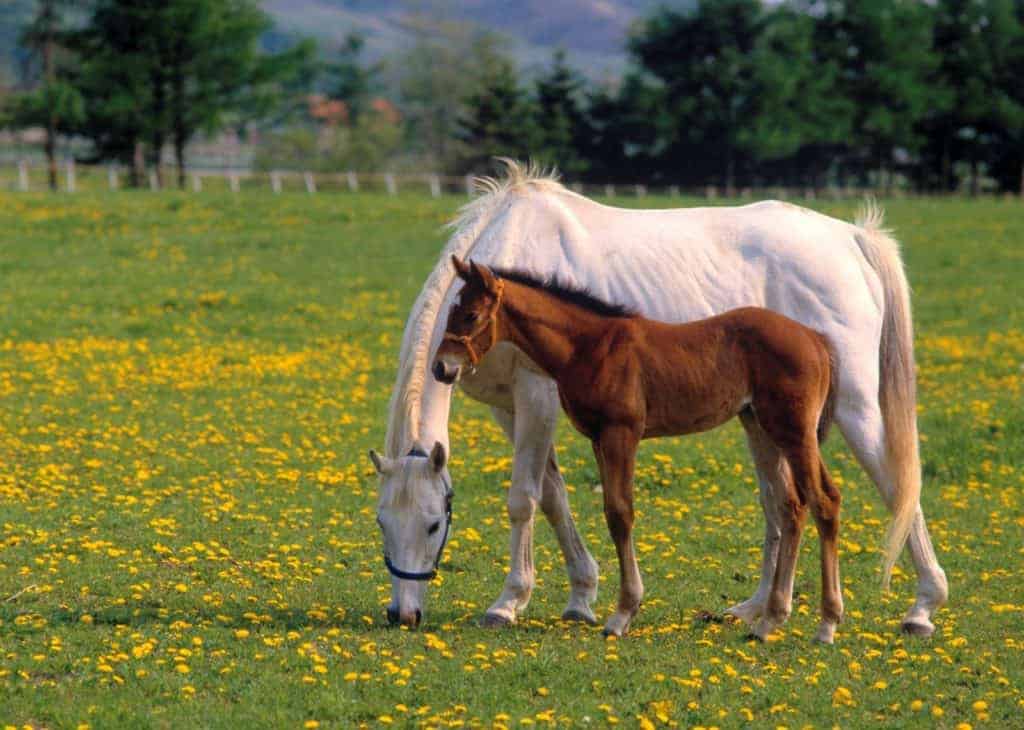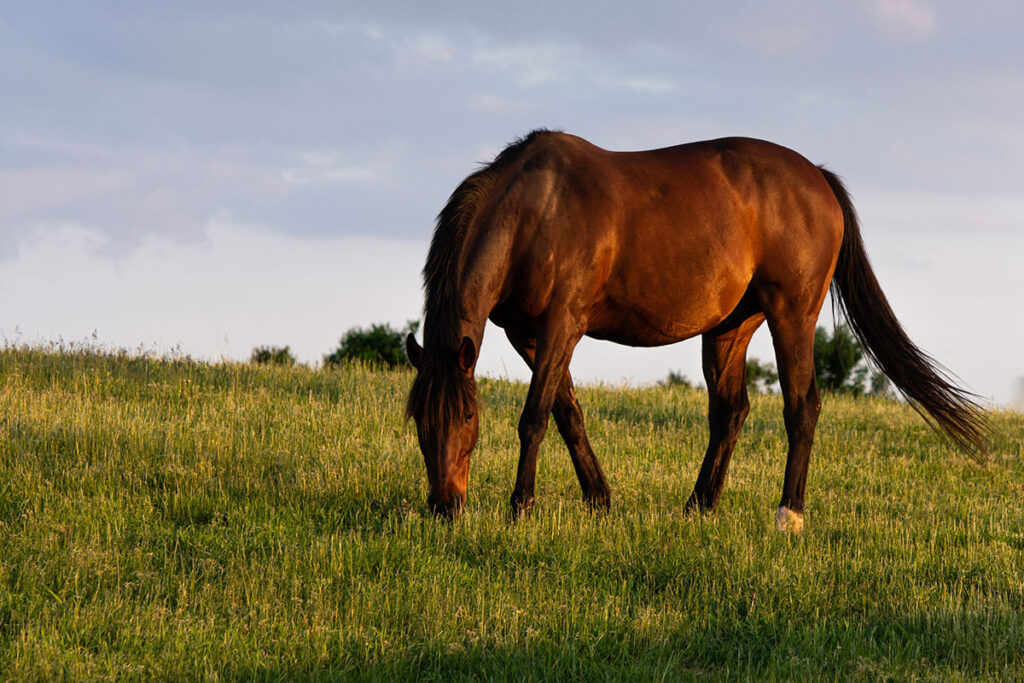
AAEP Kester News Hour: Highlights in Equine Reproduction
Recent research offers fresh insights on post-ovulation breeding timing, risks of broodmare obesity, and twin reduction outcomes.

Recent research offers fresh insights on post-ovulation breeding timing, risks of broodmare obesity, and twin reduction outcomes.

During the 2024 AAEP Kester News Hour experts shared new research on equine genetics, atrial fibrillation detection, neck pain, and updated EHV guidelines.

Mares get a bad rap for recalcitrant estrous behavior, but hormones and tumors could also be at play.

Post-foaling, this type of colic can be life-threatening to broodmares and their foals.

Reserve antibiotics in equine reproduction for proven infections, not routine use. Vets should utilize alternative treatments to reduce AMR risk when possible.

Review how CEM spreads between horses, the most recent outbreaks, and biosecurity measures to prevent outbreaks in breeding and other horses.

Watch for these 10 emergencies in the hours after a mare foals. Immediate action could potentially save the mare’s and/or foal’s life.

Discover why this common pasture grass is good for grazing but bad for broodmares.

Learn how to adjust your mare’s diet to support a healthy pregnancy, ensure adequate milk production, and maintain her body condition during this critical time.

Learn how to tailor your mare and foal’s feeding program from late pregnancy to weaning with expert guidance.

Proteins and the amino acids that form them play important roles in the horse’s body, from muscle building and function to neurotransmission and hormone synthesis.

Researchers believe PPID (formerly called equine Cushing’s disease) might have negative effects on mare fertility but need more research to understand why.

Testing asymptomatic horses for EHV-1 at equestrian events is crucial for early detection and preventing potential outbreaks.

Researchers are currently working to develop an RNA vaccine for EHV-1 and -4. Here’s what they know so far.

The new vaccine in development paves the way for more effective immunization against the diarrhea-inducing virus in equine neonates.

Learn about new applications for biologic therapies to treat horses’ infertility, wounds, ligament injuries, and eye issues.
Stay on top of the most recent Horse Health news with
"*" indicates required fields